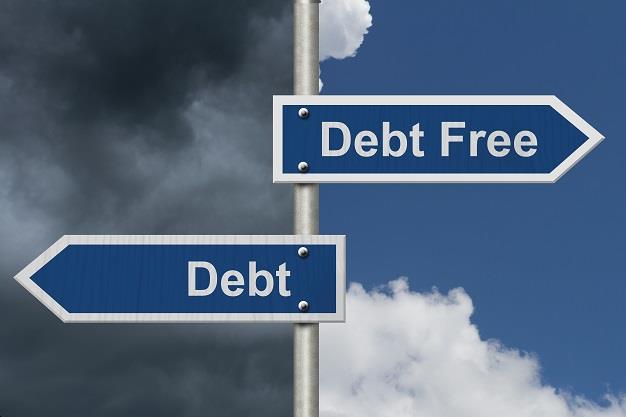How to use the latest interest rate cuts (and bond payments) to your benefit
Category General News
South Africa's interest rate is at a historic 50-year low, giving homeowners a little wiggle room, even in these very challenging times.
But the advice from John Manyike, Head of Financial Education at Old Mutual is simple, "Take a long-term view of the benefits of the rate cut to maximise its positive impact on your finances, especially if you can afford to pay a little bit more than what is required."

"The rate cut will leave homeowners with some surplus cash, providing some much-needed relief, given the economic constraints caused by Covid-19," he says.
"But while the additional cash may come in handy during these tough times, homeowners need to consider maintaining their home loan repayments at pre-rate cut levels. Depending on how long you maintain the additional payments, doing this could significantly reduce the total interest you pay and shorten the loan repayment term."
Here's how paying extra on your home loan will benefit you in the long run:
|
Property Price |
Loan Amount + interest |
Monthly Instalment |
Interest Rate |
Loan Term |
Total Paid to Loan |
| R 1 000 000 |
R1 970 275 |
R8 209 |
7.75% |
20 years |
R1 970 275 |
What paying an extra R1 000 every month will save you
|
|
Total loan amount reduced by |
R241 817 |
|
Savings on 52 months of bond service fee (assumed R69 p.m.) |
R3 588 |
First time buyers
CEO of MultINET Home Loans Shaun Rademeyer says, "The recent interest rate cuts have stimulated interest among buyers, as revealed by an increase in 'buy a home' search terms since the rate cut announcements in May.
In 2019 buyers would have needed to earn a household income of R28 951 to afford a R1 million home, now that has significantly reduced to R23 711 almost a 20% reduction in gross income.
"Even though the market is under pressure, we have unlocked a new buyer in the market, add that the house prices will not be growing it's the best time to buy," says Rademeyer.
READ | 'Approval of bonds for first-time buyers at its highest for three years'
While this is also an opportune time for first time buyers to consider entering the property market, it's important to do some homework and fully understand all the costs associated with buying a home such as attorney fees, bond registration fees and ongoing costs such as rates, water, electricity and insurance.
"Remember to consider not only if you can afford the monthly instalments but also if you can afford the ongoing costs associated with owning a home," says Manyike. "Also, do not forget that interest rates can go up as well as down, so consider various future scenarios and incorporate a buffer in your calculations before you make any decisions.
"It's always a good idea to speak to a financial advisor to help you formulate a financial plan. Given the uncertainty of the current economic climate, their advice and insights could be very valuable to you," says Manyike.
READ | Best buyers' market in over 35 years - Here's how to make the most of it
Fixed versus variable interest rates
Homeowners and new home buyers also need to explore the pros and cons of opting for a fixed interest rate versus a variable interest rate. A fixed rate remains unchanged even if interest rates change, while a variable rate follows the rates adjustments made by your bank following Reserve Bank announcements.
The disadvantage of a fixed rate is that you may miss out on savings when rates are cut. On the other hand, a variable rate may be costly if the Reserve Bank maintains high interest rates over a prolonged period.
READ | Should you fix your interest rate, now at a historic 50-year low?
"It's important to remember that each person's financial situation and their individual set of circumstances are unique. So, there isn't a simple answer to the question of fixing, or not fixing, the interest rate on your home loan. But there are some important factors to take into account whenever you consider this question," advises BetterBond CEO, Carl Coetzee.
Three factors to think about
Some of the most important factors in deciding whether to fix your interest rate or not are:
- Market conditions at the time of securing the loan.
- Loan term. Fixed interest rates are usually for up to five years. So, with a home loan spanning 20 years, you'll soon need to renegotiate terms, which could then be less favourable than before.
- Amortisation period. This is the total length of time it takes to pay off a loan. By extension, the longer the amortisation period, the bigger influence a change in the interest rate will have on your repayments.
Click here to calculate your bond repayments
Bring down your debts
"The key is not to automatically see a low interest rate environment as an opportunity to buy more. It can also be used to help ease your debt load. Apart from paying extra on your home loan, you can consider using it to increase your credit card and personal loan repayments," says Manyike.
Author: Property24


